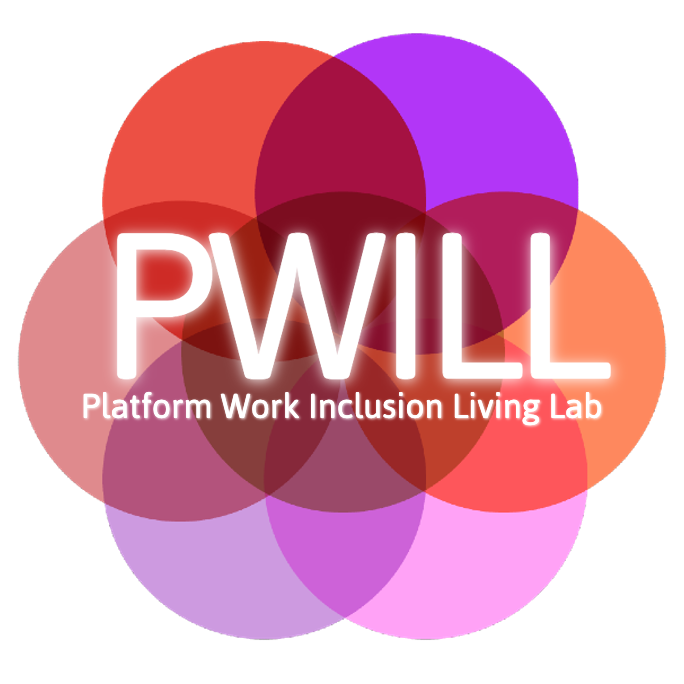It is vital to develop our understanding of this emerging form of work in order to effectively intervene in reshaping the platform economy to produce more equitable and just outcomes for workers. In particular, we must be mindful of the diverse experiences of this work and how the politics of intersectionality animate those experiences. We must also consider how to engage in productive ways, hearing the needs of workers and aiding those voices to enter public and policymaking environments.
Studies of platform work speak to UN Special Development Goal 8 which is focused on promoting decent work, so it is vital that more studies are conducted on this growing field of employment.
Intersectional gender approach to platform work: Analysis of platform work that is able to generate new and meaningful insights into the diversity of its forms needs to incorporate an intersectional feminist approach. However, what this looks like is unclear, not least as the concept of intersectional feminism is fraught and ambiguous.
Gender-divide: Platform work studies have a gender divide between online cultural labour and the gig economy approaches. There are productive frameworks circulating in both fields of inquiry and a cross-fertilisation of insights would aid our understanding.
Under-represented sectors: Some forms of platform work have had an extensive amount of analysis, but it is essential that future studies explore a wider range of sectors. This is particularly relevant to platforms associated with feminised labour such as care work, domestic labour, and sex work. It must also engage with more invisible forms of platform work and resistances that take place in domestic spaces, also considering how the politics of the domestic sphere inform that labour.
Published research can also be skewed to studies from the global North but also the Anglophone world. Platform work has specific contours and experiences so it is vital that a geographically and culturally wide range of research is engaged with in developing our knowledge.
Data: More data is needed on the race, ethnicity, gender, and migration status of platform workers and their differential experiences of platform work. This data must be sensitive to context (e.g. platform specificity, legal context etc.) More data is also needed about labour experiences in the majority world/Global South.
Workers’ agency: The agency of workers must be respected in any studies. This may be in documenting resistance and forms of labour struggle or in ensuring direct representation in advocacy work.
Engaging policy makers: A key concern for academic praxis is how to effectively engage policymakers and legislators and in ways that facilitate the voices of workers.
Working with platform companies: Academics can fruitfully engage with platform companies in developing policies, shifting agendas, and in understanding their labour context. However, such work may struggle to develop or articulate a critical stance, may be impacted by non-disclosure agreements and thus not made available in the public domain, or may serve merely as organisational “woke-washing” and not be enabled to produce effective change.
Generate a model of an intersectional feminist approach to platform work; to use methods that build strong, equitable relationships with research subjects; to create space for and to amplify workers’ voices; to build effective and ethical relationships with policymakers and platform companies; greater funding support needed to develop and realise academic interventions into the platform economy; to amplify and listen to a diverse range of scholars.
The nature of platform work is broadly defined and constantly changing. We welcome suggestions of additions or amendments to this list. Please email
P-WILL@publicpolicy.rs
Produced by Working Group 1 members (WG leaders: Dr. Kylie Jarrett and Dr. Jing Hiah) with contributions from all working groups of the P-Will COST Action (CA21118)

